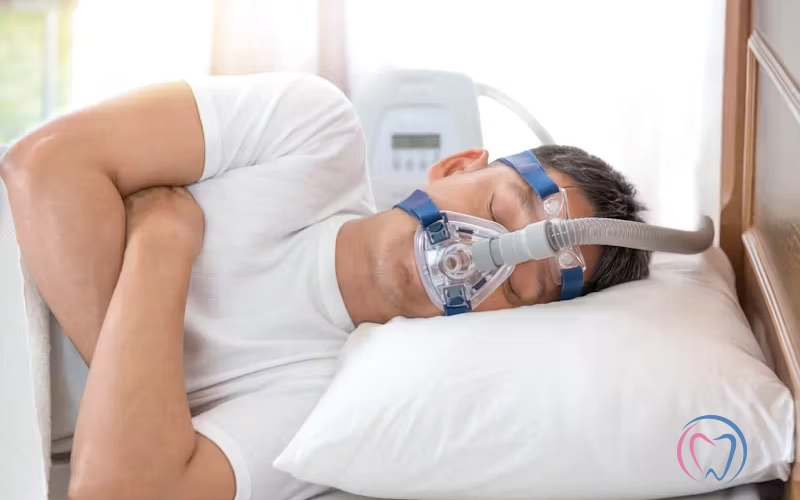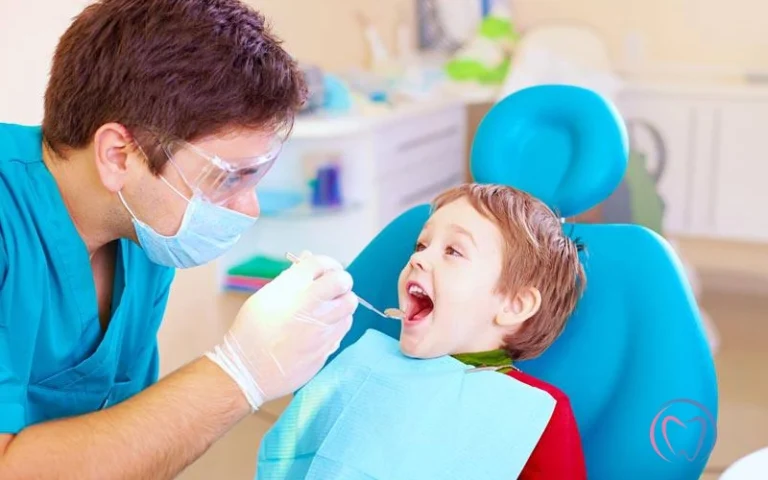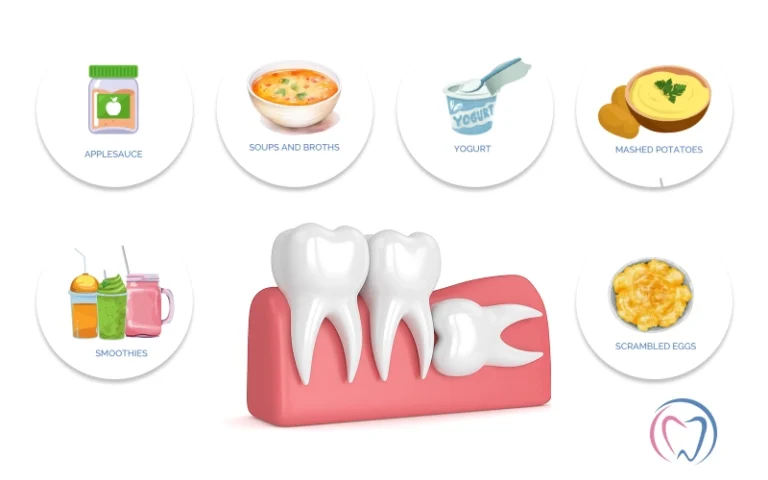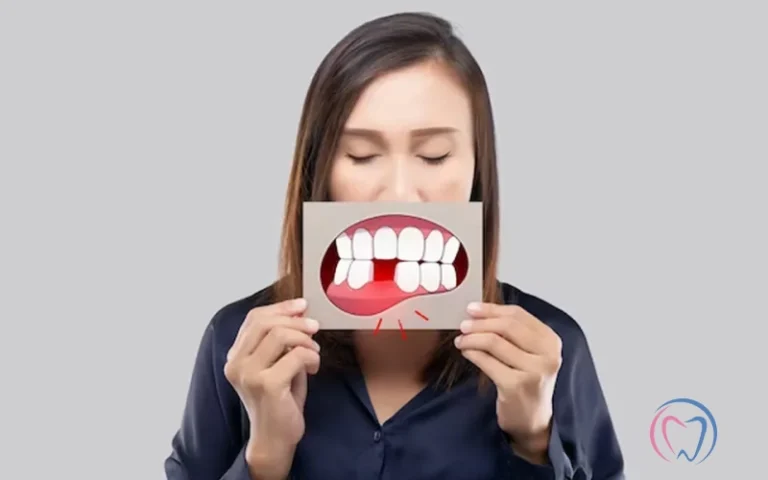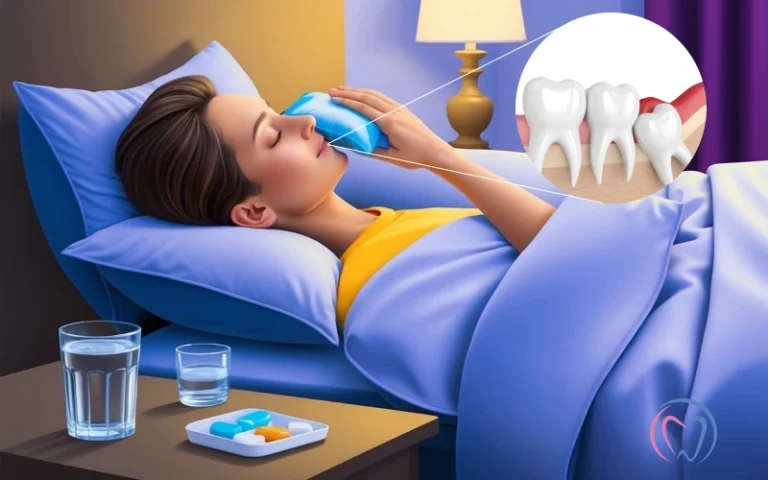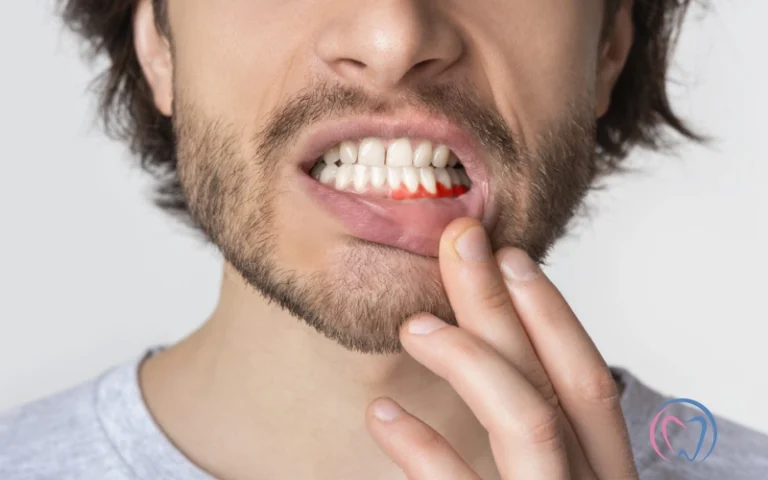Sleep apnoea is a severe sleep disorder that results in breathing stopping and starting repeatedly during sleep. If you are not treated for this, it can cause complications such as heart disease, high blood pressure and daytime fatigue. Thankfully, there are several effective treatments available to manage and alleviate these conditions. Based on our research this blog will help you make informed decisions for better sleep and overall health.
What is sleep apnoea?
There are two types of sleep apnoea;
- Obstructive sleep apnoea – This occurs when throat muscles relax and block the airway.
- Central sleep apnoea – This happens when the brain can’t send the right signals to the muscles that control breathing.
When you identify the correct type of sleep apnoea you can decide the best treatment that suits you.
When is it time to visit the dentist for sleep apnoea?
A dentist who is skilled in sleep medicine has the ability to manage sleep apnoea.
- Persistent snoring and or teeth grinding – If you continue to snore or grind your teeth, it may be a sign of sleep apnoea, which can lead to worn-down teeth from grinding. Dentists typically notice these signs during regular checkups.
- Difficult using CPAP – If you are having trouble with CPAP therapy, a dentist can suggest or fabricate oral appliances to aid in managing your condition.
- Jaw pain or misalignment – Dentists can evaluate structural issues contributing to airway obstruction and suggest appropriate interventions.
The best treatments for sleep apnoea
- Lifestyle modification – In mild sleep apnoea cases, lifestyle modifications can significantly enhance symptoms.
- Weight loss – To improve airflow, it is important to lose weight, especially around the neck. Even small amounts of weight loss can lead to a decrease in apnoea episodes.
- Sleeping position – Sleeping on your side instead of your back can aid in keeping your airway open.
- Avoid alcohol and sedatives – These can loosen the throat muscles, which can lead to airway blockage.
- Quite smoking – smoking increases inflammation and fluid retention in the airway.
- CPAP Therapy ( Continuous Positive Airway Pressure ) – This is the most effective and widely used treatment for moderate to severe sleep apnoea. The process involves wearing a mask that is connected to a machine that continuously delivers air to keep the airway open.
- Advantages – It is highly effective, reduces snoring and improves sleep quality.
- Challenges – Although some users find it uncomfortable, modern CPAP machines are quieter and easier to use.
- Oral appliances – Wearing custom-fitted devices in the mouth while sleeping can reposition the jaw or tongue to keep the airway open. These are suitable for those with mild-moderate sleep apnoea or those who cannot tolerate CPAP. Also, this is easier to use compared to CPAP.
- Surgery – In certain situations, surgery may be suggested to fix structural factors that cause sleep apnea.
- UPPP – This removes excess tissue from the throat.
- MAA – The purpose of this is to reposition the jaw and increase the size of the airway.
- Hypoglossal Nerve Stimulation – A device implanted in the chest stimulates the nerve that controls the tongue, leading to the prevention of airway collapse.
- Potential therapy – If you have positional sleep apnoea, symptoms only occur when you sleep on your back, and positional therapy can help. Devices like special pillows or wearable gadgets encourage side-sleeping.
- Medications and supplemental oxygen – While medications are not a primary treatment, they can be employed to treat underlying conditions or residual symptoms.
Choosing the right treatment
The effectiveness of treatments differs based on the severity and type of sleep apnoea, as well as individual preferences and needs. The most effective plan requires a comprehensive sleep study and consultation with a healthcare provider.
Sleep apnoea is a manageable condition with the right treatment approach. Whether through lifestyle changes, CPAP, oral appliances or surgery, effective solutions exist to improve your sleep quality and overall health. Don’t let sleep apnoea hold you back.
Take the first step towards better sleep today by consulting a specialist or dentist trained in sleep medicine.

